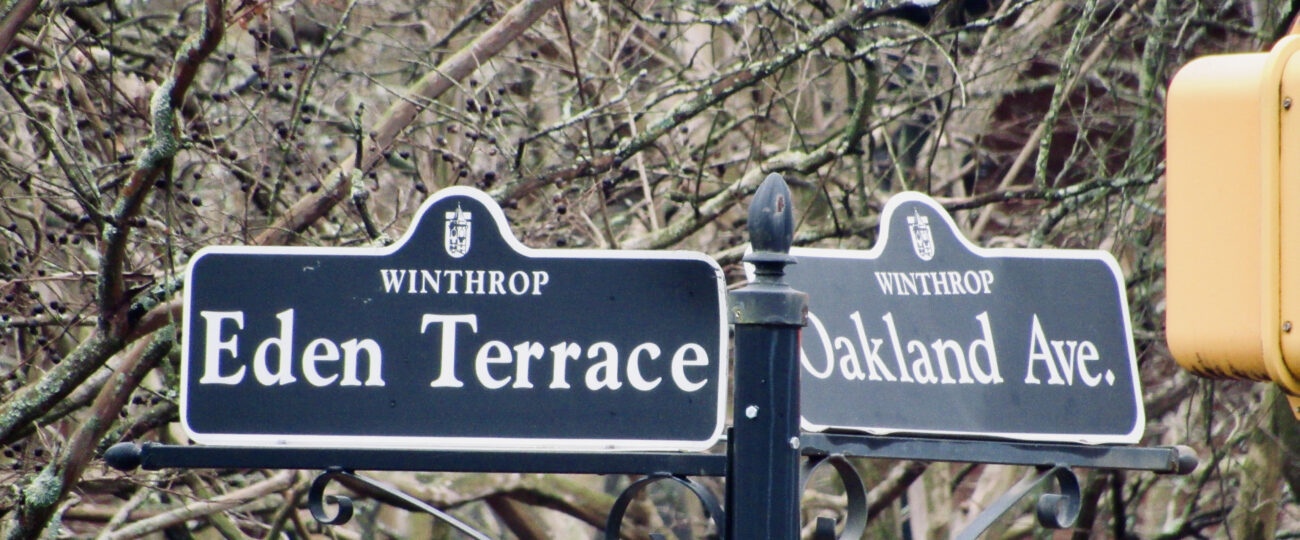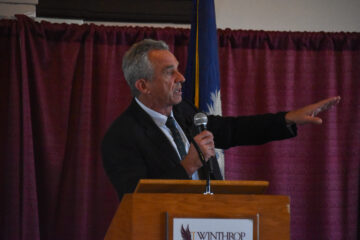In December of 2019, Rock Hill construction workers broke ground to create the nation’s first sports park designed for inclusivity: Miracle Park.
Miracle Park is located off of Cherry Road, and will span over fifteen miles once construction is completed. This park will be the first public park in the world to receive Universal Design certification. Universal Design refers to the inherent accessibility of amenities or equipment.
Miracle Park features fully accessible playgrounds, two multi-purpose fields, two baseball fields, a picnic area, a fishing pond and so much more. Before Miracle Park’s construction, these facilities were largely inaccessible to the disabled community. Playgrounds often require children to climb or jump, making them difficult to use for children with limited mobility. Ledges and ladders further limit mobility, as typical playgrounds are not wheelchair accessible. Picnic areas are often on slightly raised concrete foundations, which may not have a ramp for wheelchairs, walkers and other mobility aids.
Baseball fields are often not designed for deaf access, considering that announcements are made through an intercom system. This is especially true for local sports leagues, as residential area parks may not receive enough funding to hire American Sign Language interpreters for the season. However, it is still unclear whether or not Miracle Park’s fields will be made accessible for the deaf and hard of hearing community.
Why does intersectionality matter? From a young age, children heavily socialize in playground and park settings. Between play dates, recess and weekend park visits, these are situations that children will be frequently exposed to before they enter middle school. Children with disabilities are ostracized, often unintentionally, during these social experiences. Children with sensory disabilities may not be able to handle the noise level of playing on a playground, or the feeling of the equipment. As stated before, mobility is taken for granted when designing play spaces for children. High ledges and ladders may be dangerous for children who are blind or have limited vision, as they could run and not expect the sudden drop.
By creating a space that is equitable for all children, Rock Hill has created a safe space for children and families with disabilities. Miracle Park gives children with disabilities the ability to socialize on a playground without the fear of it being inaccessible. However, this should not be something that families ever have to worry about.
By making all parks inclusive, it would be challenging stereotypes of various disabilities. Being disabled is often seen as being incapable, which is far from the truth. While living with a disability may present challenges, it does not outright limit the ability to lead a fulfilled and happy life.
If children without disabilities are exposed to more inclusive play spaces, they will be able to see equity firsthand. This would show families, regardless of disability, that every child is capable of success if given the proper tools. Breaking the stereotype of disability equating inability would allow people with disabilities a more equitable experience throughout their lifetimes.
By creating inclusive play spaces, it would also allow children to meet peers with disabilities. For young children, a wheelchair, a sight cane or other accommodation device may be intimidating, so they shy away from socializing with children with disabilities. Creating this sense of “otherness” is then fortified by not being able to play in the same manner as other children. By allowing children an equitable play experience, children may feel less anxious about allowing peers with disabilities into their social group. This would also greatly reduce bullying statistics as children grow older.
Miracle Park is changing the way that Americans think of children with disabilities. By allowing Rock Hill’s families an equitable play space, there is no room on the playground for injustice any longer. It is only a matter of time before equitable play spaces become available worldwide.
Photo by Emma Crouch




